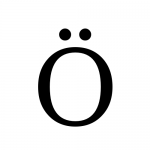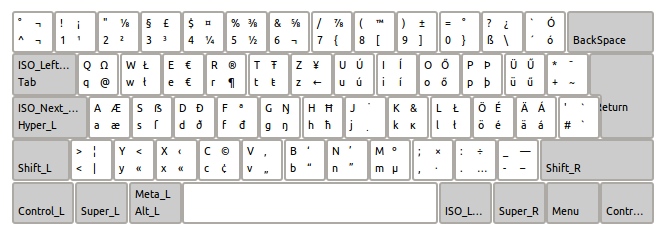

The twenty-seventh letter of the Finnish alphabet, called ää and written in the Latin script.( Latin-script letters ) täht A a, B b ( C c), D d, E e, F f, G g, H h, I i, J j, K k, L l, M m, N n, O o, P p ( Q q), R r, S s, Š š, Z z, Ž ž, T t, U u, V v ( W w), Õ õ, Ä ä, Ö ö, Ü ü ( X x, Y y)įrom Swedish Ä and/or its origin, German Ä, in which the umlaut (two dots) were originally a lowercase e, first placed to the side and later on top of a/ A to signify fronting of the vowel via Germanic umlaut.The twenty-eighth letter of the Estonian alphabet, called ää and written in the Latin script.( Latin script ): A a B b C c D d E e F f G g H h I i J j K k L l M m N n O o P p Q q R r S ſ s T t U u V v W w X x Y y Z z.Learn about when to say Du and Sie, why the word Fraeulein has disappeared and the 30 most important phrases in German, starting with greetings and good bye. This post is part of the series: 30 most important German phrases Just type in the word you want to hear, and click on the speaker. Pronunciationįor online help pronouncing German words, try LEO, a German translator with pronunciation. = Can you help me please? The urgency for your need of help can easily be expressed by the tone of your voice and your facial expression. Um halb 11 = (literally: half eleven) but indicating 10.30 AMīitte helfen Sie mir.

Wann faehrt der Zug? = When does the train leave? Where context makes it clear, numbers from 1 - 12 are used, but without AM or PM. 11 o’clock means 11 AM and 23 o’clock means 11 PM. Hours are indicated by numbers from 1 to 24. Wer holt mich ab? = Who comes to fetch me? Timeīear in mind that Germans are generally punctual, so it’s a good idea to know about expressions for time. Wo ist ein Krankenhaus? = Where is a hospital?

Wo ist ein Polizist? = Where is a policeman? Here are some question words and simple phrases to get you around. A few consonantsĭifficulties are often encountered with v,w,f and j. ß or ‘ss’ is a sharp, short s, pronounced like the sc in ‘scissors’. ‘ei’ as in the German word for ‘near" = bei, sounds like the i in ‘while’. ‘ch’ as in the German word for “small river” = Bach sounds much harder and is pronounced like the Scottish word ‘loch’. ‘ch’ as in the German word for “I” = ich, sounds like the h in ‘human’. It’s pronounced like the French word ‘muse’. Ü ü with 2 dots, or transcribed as ue, equally does not exist in English. The closest would be the ir in ‘sir’ but with a mute ‘r’.

Ö ö with 2 dots, also transcribed as oe, is tricky and a sound which does not exist in the English language. It sounds similar to the a in ‘man’ or like ‘bed’. Ä ä with 2 dots is an Umlaut and is also correctly transcribed as ae. The five basic vowels are either pronounced short or long, depending on the word. Although you should try to get it right, don’t be too concerned about not being understood. TheyĪre aware of the idiosyncrasies and difficulties English speakers encounter when trying to get their tongue around particular German words and sounds like the umlaut and the ‘ ch’. Many Germans are used to - and highly appreciate - native English speakers who try their hand on German words and phrases. The German language has five vowels, A a, E e, I i, O o, U u and three Umlaute Ä ä, Ö ö, Ü ü as well as a special letter for double s, ß.


 0 kommentar(er)
0 kommentar(er)
